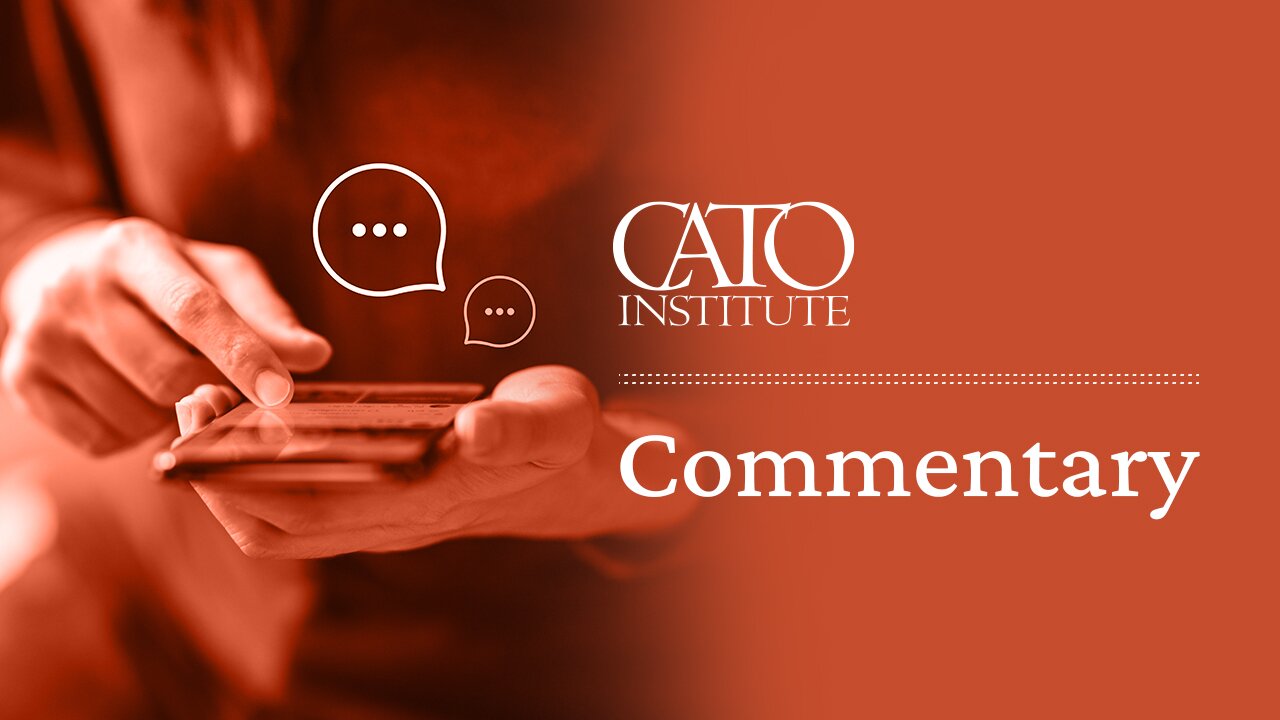During our national conversation on police and criminal justice, there will be many reforms proposed that will help increase police accountability and encourage better behavior. We should absolutely reform unions, abolish qualified immunity, and address how police are investigated after excessive force is used. But it is also important that we look to one of the root causes of why the police no longer have that wholesome, Norman Rockwell image. Perhaps it has something to do with the fact that, every day, thousands of police suit up to go to war against their fellow citizens.
Drug “crimes” are qualitatively different from other types of crimes, i.e. real crimes. Real crimes have victims, and victims call the police to investigate and hopefully catch the perpetrator. The victim of a robbery calls the police, invites the police into his house, asks them to take evidence, and gives them all the information he has.
When crimes have no real victims, however, policing fundamentally changes.

 www.cato.org
www.cato.org
Drug “crimes” are qualitatively different from other types of crimes, i.e. real crimes. Real crimes have victims, and victims call the police to investigate and hopefully catch the perpetrator. The victim of a robbery calls the police, invites the police into his house, asks them to take evidence, and gives them all the information he has.
When crimes have no real victims, however, policing fundamentally changes.

How the Drug War Broke Policing
Perhaps our current problem began when thousands of police started suiting up to go to war against their fellow citizens.